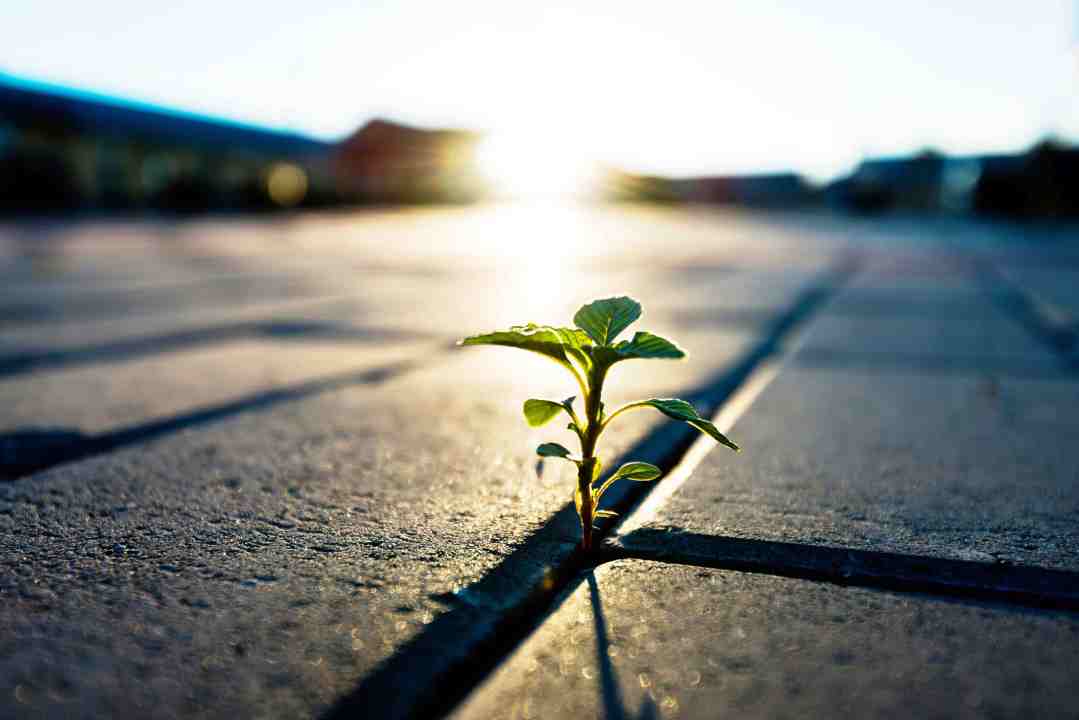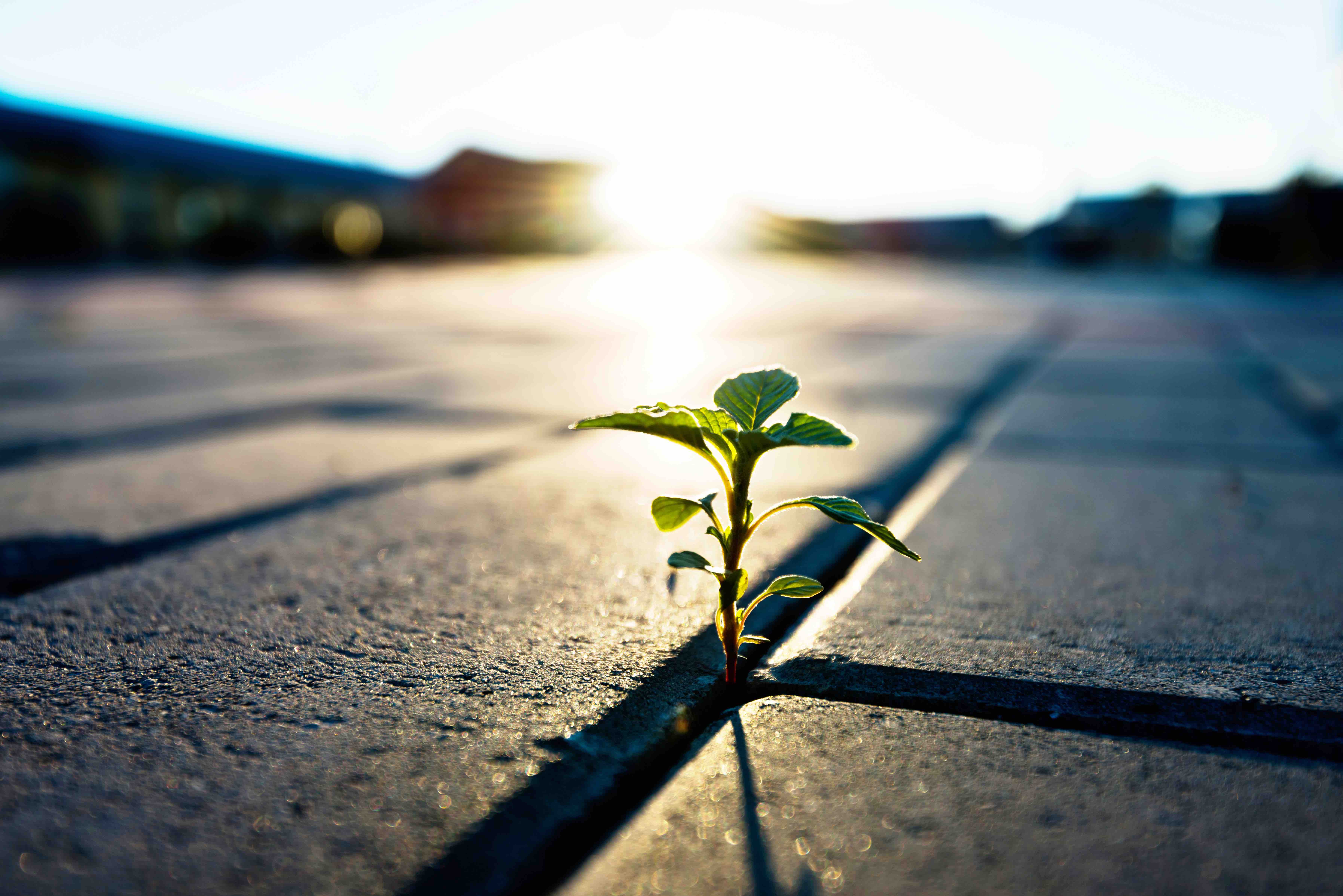Of all the world leaders at the Cop27 summit today, I suspect Rishi Sunak will be one of the least comfortable with the whole jamboree. How can he justify a £50 billion-a-year net zero programme without anyone having worked out what difference, if any, the proposed extra taxes and regulations would make? How can a PM jet off to a luxury Egyptian resort and pledge this kind of cash – then fly back to London and constrain NHS and school spending, slash aid money, hike taxes, impose deep real-terms cuts in public pay – all to plug a £35 billion hole? No wonder Sunak said, at first, that he would not attend. The whole Cop27 agenda is a festival of fiscal cognitive dissonance: a malady that Sunak believes led Britain to its current economic mess. I looked at this in my latest Daily Telegraph column.
‘Our people know that if something is too good to be true,’ he wrote in his resignation letter to Boris Johnson, ‘then it’s not true.’ He quit not from disgust at who did what at the Carlton Club but on a slow-boiling point of principle: the need for candour. That every PM needs to level with the public about trade-offs. But what would the implications be of the £50 billion-a-year net zero agenda? What impact would it have on the cost of living? Unless governments have this discussion with their electorates – and are sure that taxpayers are willing to foot the bill – then the targets they give each other at Cop summits are meaningless. Britain, by the way, is doing very well on targets. Capitalism and tech have combined to bring huge advances in UK fuel efficiency and renewable energy – but it’s not a story told in schools (which perhaps explains why so many young people end up having such bleak views about their future). For example, no G20 country has been decarbonising faster than Britain, as the below chart shows:
Then there are the wins in home efficiency and technology in general. Since 2000, our GDP is up by 20 per cent while overall emissions from energy use are down by 20 per cent and household energy use is down even further. It’s a stunning fall which looks set to continue:
Then air pollution. We’re used to seeing campaigns to highlight dangerous levels of PM2.5 in the air, but no one tells you that there is less of it now than at any time in living memory. In the 1970s we warned in The Spectator about Britain belching so much sulphur dioxide that we were exporting it to Sweden. Since then, levels have fallen 98 per cent.
To me, the most striking graph is the below: total carbon emissions are down to the horse-and-cart era, with per capita carbon emissions at their lowest since Palmerston was in No. 10.
Global capitalism has spread wealth, especially in the developing world: this is why emissions in India and China are rising so much. There are fewer people in poverty, dying from malnutrition. More people are living richer lives. And yes, that means more carbon. But it also means more tech, more flood defences – add it together and it means far fewer people dying of climate-related disasters. The Emergency Events Database contains a record of who dies from what. You can see how climate-related deaths (i.e. due to floods, droughts, wildfire, storms, hurricanes) are down some 90 per cent over a century. Deaths from natural disasters unrelated to climate (tsunamis, earthquakes) have stayed flat. If we’re thinking about lives in the third world, then consider the below:
There many more such signs of ‘bright green’ progress that deserve to be better-known, and considered alongside the ‘dark green’ alarmism of the traditional climate narrative. And it gives us cause to ask: are we ignoring the progress? Are we sure that this current world-beating trajectory is not enough? And how much pain are we willing to inflict upon households to hit an arbitrary target of net zero by 2050?
The Cop27 debate is quickly sucked into logical fallacies, such as saying: If we do nothing, we fry. But who are ‘we’? The UK contributes less than 2 per cent of global emissions: this could drop to zero tomorrow and the climate change trajectory dial would not move.
If we’re serious about the climate then we cannot commit to an agenda whose costs are not politically deliverable
We can set an example, a noble thing to do. But an honest debate would ask how many pensioners we’d push into fuel poverty, how many excess winter deaths we’d tolerate, to send that message – and whether there might be a more cost-effective way of pursuing this important mission. To Sunak, politics is about trade-offs. The net zero debate has not, yet, been honest about them.
Sunak’s objection to lockdown was not the policy per se, but wilfully blind way in which decisions were made. Lockdown was imposed without the cabinet, let alone the public, being told about the probable side effects: on children, cancer care, public health, the economy and more. There was one part of the interview Sunak did with me over the summer that I didn’t publish as it was perhaps too nerdy, but it is relevant when understanding how he’s likely to see Cop27 – and politics in general. ‘I was very nervous [about lockdown] because my analytical side of me was saying: “Clearly we should be having a QALY analysis.” Any health economist would do this analytically with a QALY analysis because, well, that's how you do it. That’s how NICE do clinical things. It may sound a bit, you know, kind of robotic.’
Robotic – or rational? A QALY analysis is not even niche: the ‘quality-adjusted life years’ is the basic recommended (in many countries, compulsory) test for public health measures. If you’re banning junk food adverts or recommending cancer screening you must work out what the costs and benefits are, how much life would be saved and how disability-free that life would be. If you assume that government resources are finite, you want to save the maximum amount of lives – spending too much in one area may mean depriving resources in another. This is basic health economics. Is it a hassle? Yes. But if you’re dealing in the economics of saving lives, you need to go that hassle. The language of trade-offs is the language of government.
But the debates on climate change, as with lockdown, tend to be conducted on a different basis where hyperbole supplants rational decision-making. Instead, the ‘precautionary principle’ is applied, an argument that says any price is worth paying to avert catastrophe. But how likely is the action to avert the catastrophe? Let’s look at the likely result of each measure, in terms of potential lives lost and saved. Given that people die avoidably all the time (medicine is rationed for a reason) money spent on green subsidies will have knock-on effects: on poverty, loss of life and more. Rational decision-making means quantifying this, discussing it calmly. We’re still in an era where ‘excess winter deaths’ claim tens of thousands of lives in Britain. A 25 per cent tax green levy on electricity will have knock-on effects on energy consumption and house heating; temperature is linked to deaths with the risk rising when room temperatures fall below 18°C.
When a new drug is invented, NICE looks at the cost to the NHS and asks how many ‘quality-adjusted life years’ per person the drug is likely to get. If it costs, say, £30,000 per quality-adjusted life year, the drug tends to be approved for use. This figure is not putting a value on life, it simply reflects that £30,000 spent by government in other areas can save more lives. QALY is a device which seeks to help ministers spend money in a way that saves most lives overall. The same logic can be applied to climate change (and to net zero’s estimated £50 billion-a-year cost) – but the test isn’t used here.
The net zero agenda is ripe to be subjected to rational, cost-benefit analysis – in terms of the environment, lives saved and overall human wellbeing. Environmental and humanitarian bang for buck – not lives vs money, but lives vs lives. If we’re serious about the climate – and I strongly believe that we should be – then we cannot commit to an agenda whose costs may render it politically undeliverable. To pretend otherwise is to live a lie. Sunak had a word for it in his leadership race: ‘fairy tales’. He says he wants his government to tell the truth: with all its doubt, difficulties and drawbacks. The net zero agenda would be a great place to start.








Comments